Keynote Speakers
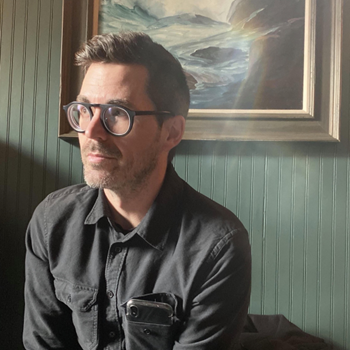
Matthew W. Wilson, PhD
Matthew W. Wilson, PhD, is Chair and Professor of Geography at the University of Kentucky and Associate at the Center for Geographic Analysis at Harvard University. He directs Mapshop, a community mapping lab, and he is an editor at cultural geographies, an international, peer-reviewed quarterly journal. His most recent book is New Lines: Critical GIS and the Trouble of the Map (University of Minnesota Press). He has previously taught at Ball State University and the Harvard Graduate School of Design, and his current research examines mid-20th century, digital mapping practices.
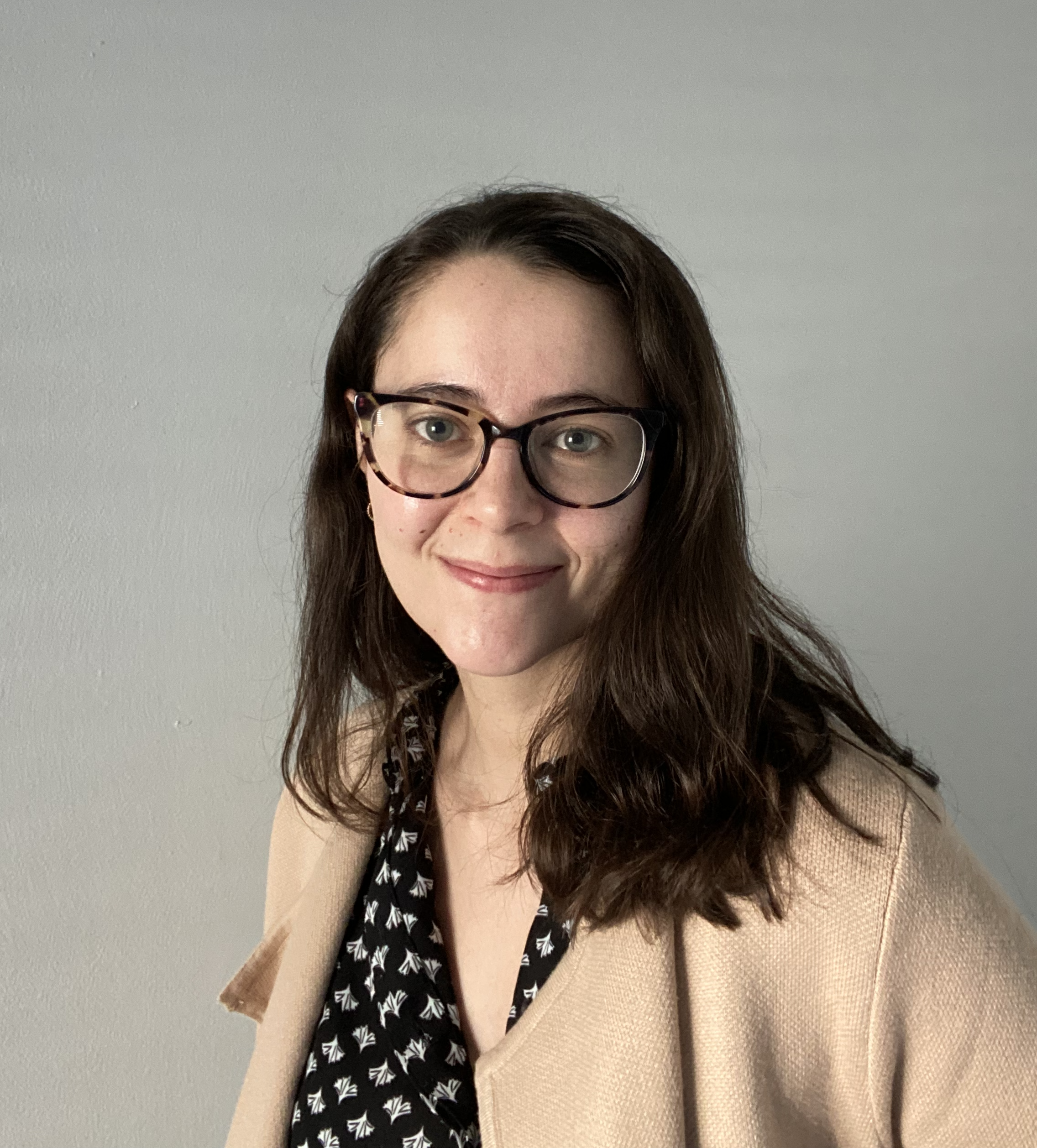
Emily Barrett
Emily Barrett is a doctoral student in the Community Research and Action Program at Vanderbilt University. Her research interests include the politics of data-driven and participatory urban planning, the racial logics of municipal budgeting and urban development, and social justice movements in the American South.
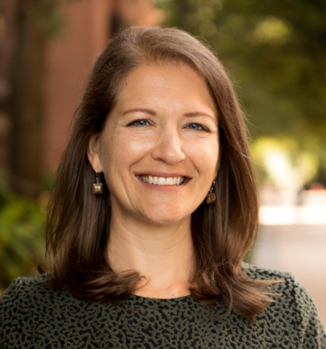
Dr. Christine Mallinson
Christine Mallinson is Professor of Language, Literacy and Culture, Affiliate Professor of Gender, Women’s, and Sexuality Studies, and the 2023-2024 Lipitz Distinguished Professor of Arts, Humanities, and Social Sciences at the University of Maryland, Baltimore County (UMBC). She also holds administrative appointments at UMBC as Special Assistant for Research & Creative Achievement in the Office of the Vice President for Research and as Director of the Center for Social Science Scholarship, where she leads initiatives that advance research for faculty and students across the university, particularly the social sciences. The author and editor of seven books, among other publications, Mallinson’s research examines the intersections of language, culture, education, and society, with a focus on addressing linguistic bias and misinformation for greater access, equity, and inclusion. Her interdisciplinary work has informed educational policy and practice and has led to collaborations with scholars and practitioners in the language sciences, education, data science, and information systems, including three current projects supported by the National Science Foundation. Mallinson is past chair and current member of the Linguistic Society of America’s Ethics Committee, and she serves on several national and international scholarly journal and academic advisory boards.
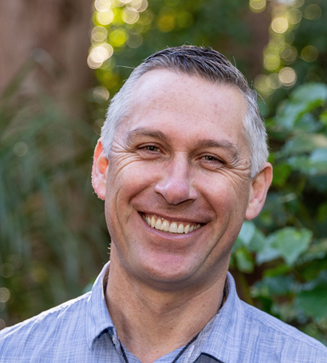
Maui Hudson
Maui Hudson (Whakatōhea) is an Associate Professor and Director of Te Kotahi Research Institute at the University of Waikato. He was a co-author of the Te Ara Tika Guidelines for Maori Research Ethics, Te Mata Ira Guidelines for Genomic Research with Māori, and Te Nohonga Kaitiaki Guidelines for Genomic Research with Taonga Species. He is a member of Te Mana Raraunga Māori Data Sovereignty Network and the Global Indigenous Data Alliance (GIDA) and co-authored the CARE Principles for Indigenous Data Governance and Indigenous Rights in Data.
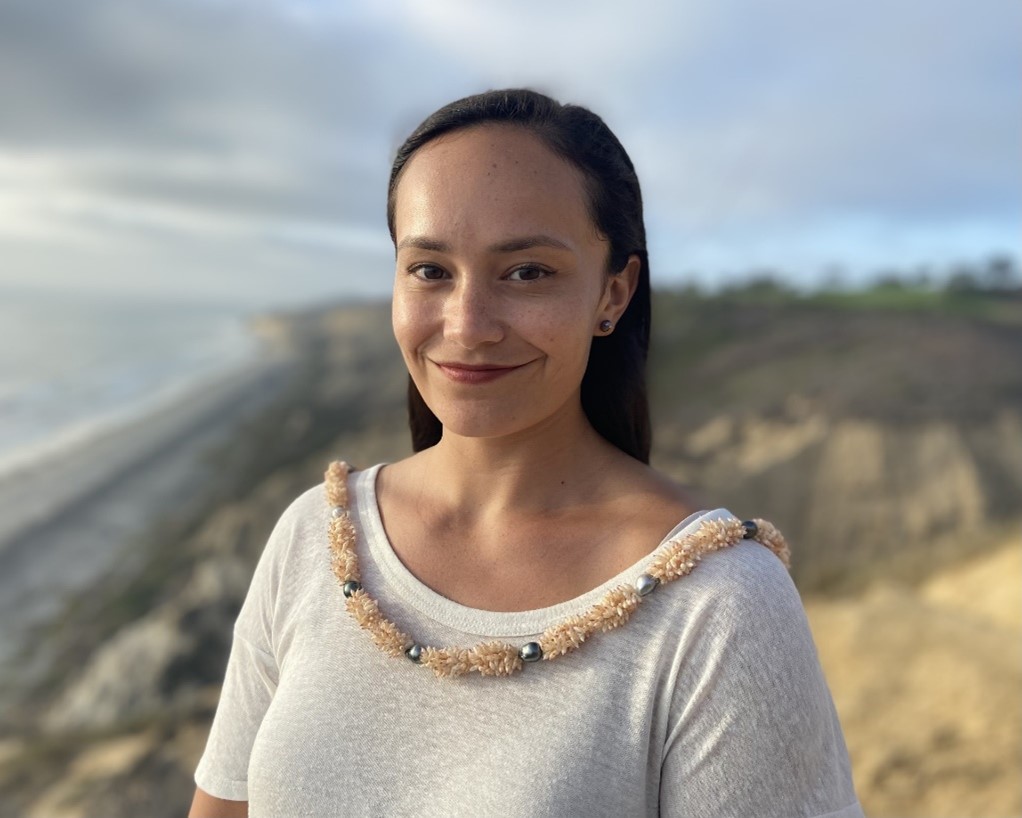
Dr. Riley Taitingfong
Riley Taitingfong is a Chamoru researcher and educator working on issues of environmental justice, Indigenous self-determination, emerging technologies, and community engagement. She completed her PhD in Communication at the University of California San Diego, where her project focused on Indigenous governance of genetic engineering technologies. Riley is currently a postdoctoral researcher with the Native Nations Institute and the Udall Center at the University of Arizona, where she co-leads multiple international collaborations focused on implementation of the CARE Principles of Indigenous Data Governance within data repositories and institutions. You can read Riley’s most recent publications in Nature Biotechnology, Environmental Science and Policy, and The Hastings Center Report.
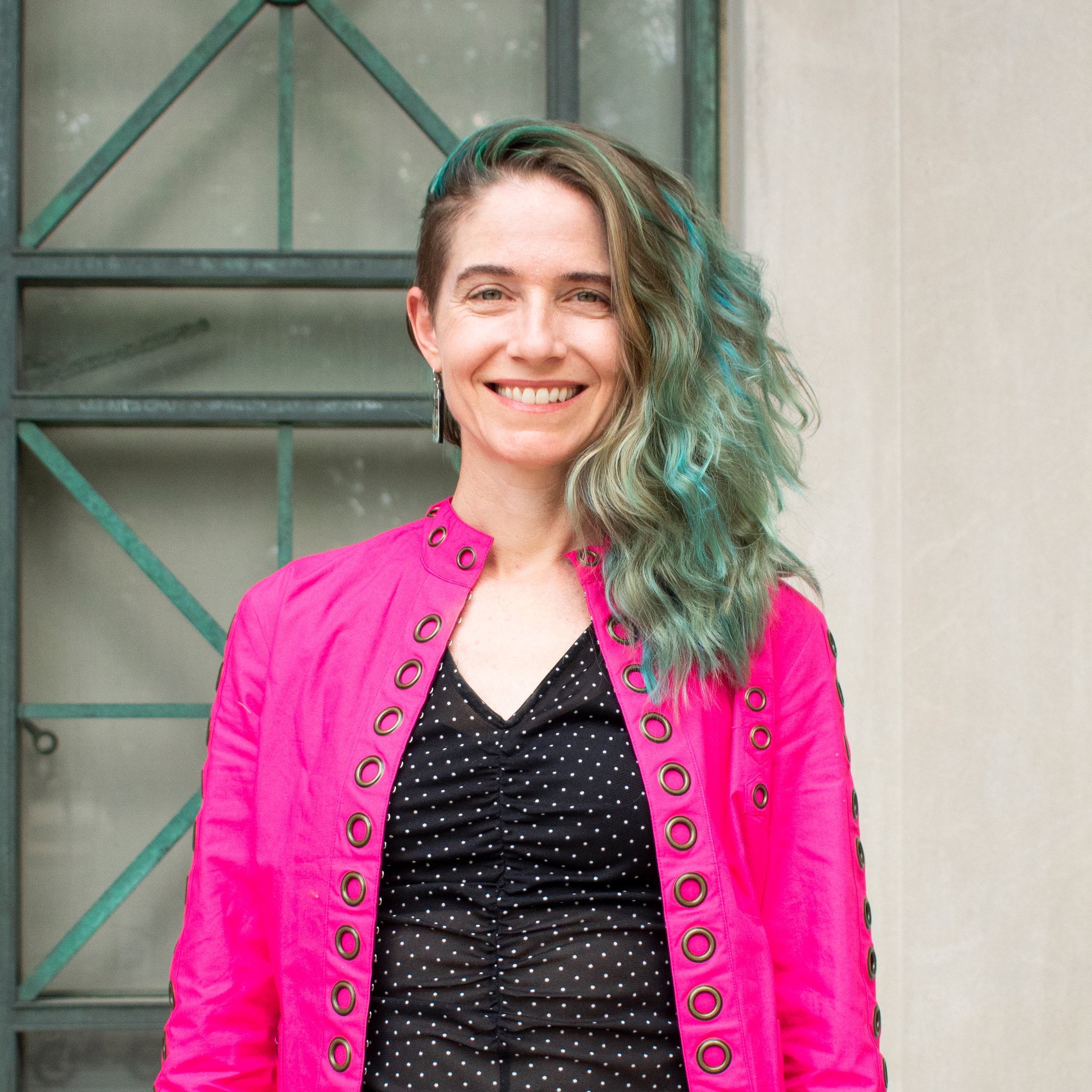
Prof Catherine D'Ignazio
Catherine D’Ignazio is an Associate Professor of Urban Science and Planning in the Department of Urban Studies and Planning at MIT. She is also Director of the Data + Feminism Lab which uses data and computational methods to work towards gender and racial justice, particularly in relation to space and place. D’Ignazio is a scholar, artist/designer and hacker mama who focuses on feminist technology, data literacy and civic engagement. She has run reproductive justice hackathons, designed global news recommendation systems, and created talking and tweeting water quality sculptures. With Rahul Bhargava, she built the platform Databasic.io, a suite of tools and activities to introduce newcomers to data science. Her book, Data Feminism (MIT Press 2020), co-authored with Lauren F. Klein, charts a course for more ethical and empowering data science practices. Since 2019, she has co-organized Data Against Feminicide, a participatory action-research-design project, with Isadora Cruxên, Silvana Fumega and Helena Suárez Val which includes AI tools for human rights data activists. D'Ignazio's forthcoming book, Counting Feminicide: Data Feminism in Action (MIT Press 2024), highlights how mainstream data science can learn a lot from the care and memory work of grassroots feminist activists across the Americas.
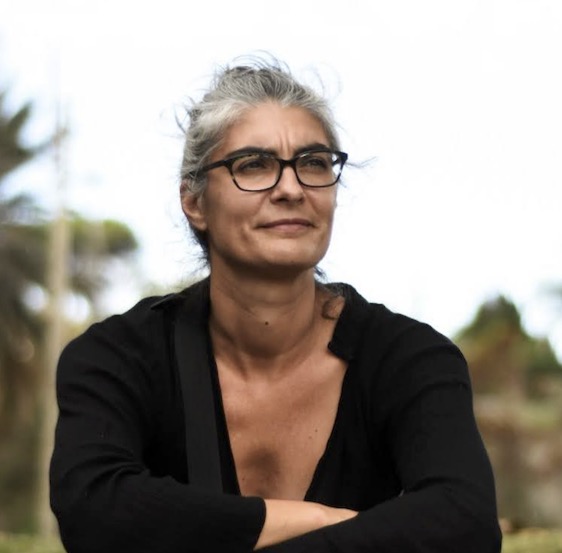
Helena Suárez Val
Helena Suárez Val is a feminist activist-researcher and social communications producer. Helena holds MAs in Gender, Media and Culture (University of London, Goldsmiths) and Social Science Research (University of Warwick) and a PhD in Interdisciplinary Studies (University of Warwick). Her current research focus is on feminist data about feminicide and its circulation on social media. As a web developer and communications strategist, she has worked with organisations such as Amnesty International's International Secretariat, the Global Call to Action against Poverty and Cotidiano Mujer. In 2015, she started feminicidiouruguay.net, an unofficial record of cases of feminicide in the country still ongoing. She is co-lead of the action-research project Data Against Feminicide, with Catherine D'Ignazio, Isadora Cruxên, and Silvana Fumega.
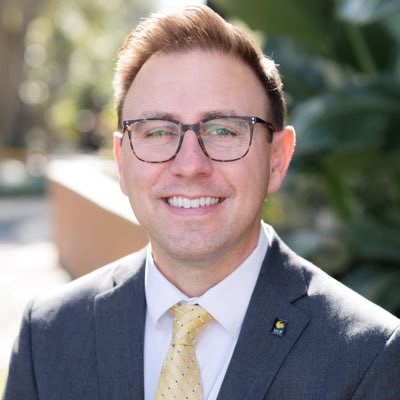
Timothy L. Hawthorne, Ph.D.
Timothy Hawthorne is an Associate Professor of Geographic Information Systems in the College of Sciences at University of Central Florida; a 2023-2024 National Geographic Explorer; and President and Co-Founder of a non-profit organization called GeoBus Global. Dr. Hawthorne has been an active leader with the AAG as current Treasurer of the Geography Education Specialty Group; a long-time speaker in the GTU and AAG Visiting Geographical Scientist Program; and former Chair, Vice Chair, and Secretary of the Applied Geography Specialty Group. Dr. Hawthorne is broadly trained in human geography with expertise in community geography, GIS, geographic education, Participatory GIS, mixed methods, and unoccupied aerial vehicles. In 2015, he founded an internationally recognized research and education group called Citizen Science GIS. The group’s goal is to connect scientists, educators, teachers, students, and society with geospatial technologies to make science more accessible and responsive to community concerns. In early 2022, he and his team launched the USA’s first GeoBus, a mobile STEAM education lab powered by solar energy on a repurposed 40-foot city that provides geospatial technology learning experiences to K-12 youth, families, and teachers in Florida. As President and Co-Founder of GeoBus Global, a non-profit organization, he and his collaborators expect to launch the first GeoBus in Central America in Belize later this academic year. GeoBus mobile labs aim to broaden participation in STEAM through free, priority scheduling to high need schools that have limited geography and geospatial technology learning opportunities. Since 2012, he has passionately mentored and funded the next generation of geography and GIS in community geography fieldwork experiences in Central America and the USA as Principal Investigator of 4 grants from the NSF Research Experiences for Undergraduates and Teachers Site program. These grants have removed financial barriers to research training and fieldwork experiences centered on community geography and GIS for around 100 participants with over 70 percent being from underrepresented groups in STEAM. Additionally, he has served the discipline as former Associate Editor for Journal of Geography and International Journal of Applied Geospatial Research. Dr. Hawthorne received a B.A. in Geography from Ohio Wesleyan University (2003), an M.A. in Geography from West Virginia University (2005), and a Ph.D. in Geography from The Ohio State University (2010).
